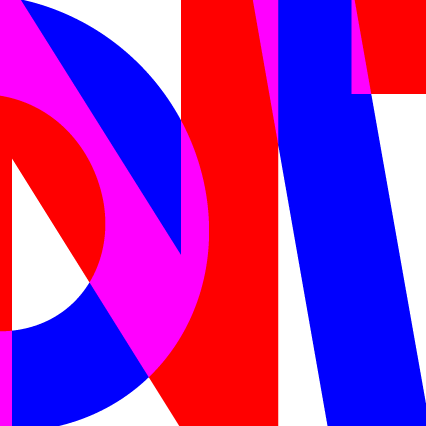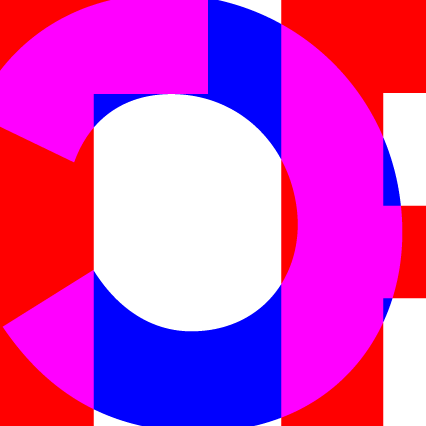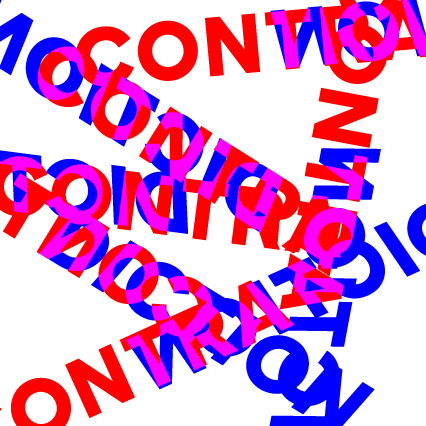Events
-
 Toolbox #5
Toolbox #5
-
 Toolbox #6
Toolbox #6Toolbox in the winter term 2025/26
-
 Toolbox #7
Toolbox #7Toolbox in the winter term 2025/26
-
 Grau, kalt und rechts? Wie reden wir über „Ostdeutschland“?
Grau, kalt und rechts? Wie reden wir über „Ostdeutschland“?What is “East Germany”? We want to talk about a region often perceived as gray, cold, and politically right-leaning. We aim to discuss how East German lifeworlds are constructed in media representations, political debates, and cultural and literary narratives, navigating between self-description and external attribution, between memory and the present.
-
 Toolbox #8
Toolbox #8Toolbox in the winter term 2025/26
-
 Contradictions Festival – 10 years WOC
Contradictions Festival – 10 years WOCIn fall 2025, Worlds of Contradiction (WOC) will be 10 years old. An overview of the planned program is available on the WOC website.
-
 Early Career Vernetzungsworkshop
Early Career VernetzungsworkshopEarly Career Networking Workshop as part of the 10th anniversary of the WOC Contradictions Festival with members of the WOC Graduate Network (WOC GradNet), the DFG Research Training Group 2686 Contradiction Studies, the Bremen International Graduate School of Social Sciences (BIGSSS), the Institute for Social Research (IfS) and the GRK 2638 Normativity, Critique, Change
-
 Toolbox #9
Toolbox #9Toolbox in the winter term 2025/26
-
 Workshop: Research Data Management
Workshop: Research Data ManagementFurther information will follow shortly.
-
 Toolbox #10
Toolbox #10Toolbox in the winter term 2025/26
-
 Toolbox #11
Toolbox #11Toolbox in the winter term 2025/26
-
 Toolbox #12
Toolbox #12Toolbox in the winter term 2025/26
-
 Toolbox #13
Toolbox #13Toolbox in the winter term 2025/26
-
 Workspace/Kolloquium Contradiction Studies #1
Workspace/Kolloquium Contradiction Studies #1Workspace/Kolloquium #1 in the winter term 2025/26
-
 Workspace/Kolloquium #2
Workspace/Kolloquium #2Workspace/Kolloquium #2 in the winter term 2025/26
-
 Workspace/Kolloquium #3
Workspace/Kolloquium #3Workspace/Kolloquium #3 in the winter term 2025/26
-
 Workspace/Kolloquium #4
Workspace/Kolloquium #4Workspace/Kolloquium #4 in the winter term 2025/26
Past Events
-
 Hoffnung in hoffnungslosen Zeiten
Hoffnung in hoffnungslosen ZeitenProf. John Holloway is known for his influential writings on the renewal of Marxist theory, the relationship between the state and capitalism and forms of anti-capitalist struggle. These include the books Changing the World Without Taking Power (2002), which was well received internationally and has since been translated into eleven languages, and Breaking Capitalism (2010). Together with his latest book Hope in Hopeless Times (2022), these have now become a trilogy. With his latest book, John Holloway dedicates himself to formulating an understanding of hope against the seemingly unstoppable destruction of our world that we are hurtling towards. He sees this hope as rooted in our “wealth”; a wealth that cannot be reduced to money and profit, but should be understood as an “overflowing” creativity that can enable radical social change and is therefore a source of hope. “Wealth versus money: this battle will decide the future of humanity”. The lecture is jointly organized by the Institute of Anthropology and Cultural Studies, Worlds of Contradiction (WoC), the DFG Research Training Group ContradictionStudies and the Department 09 and takes place as part of the lecture series “Challenge Climate Change – Cultural Studies Perspectives on Life in a Threatened World” and as part of the colloquium for political theory “Wilde Theorie”. The lecture will be held in German, with Q&A in German and English.
-
 Zwischen Linguistik, Widersprüchen und Feminismus. Ein Werkstattbericht zum Promotionsprojekt Abtreibung – Diachronie eines Gegendiskurses
Zwischen Linguistik, Widersprüchen und Feminismus. Ein Werkstattbericht zum Promotionsprojekt Abtreibung – Diachronie eines Gegendiskurses
-
 Contradicting Contradiction. Knowledge Production and the Pluriversal Turn
Contradicting Contradiction. Knowledge Production and the Pluriversal Turn
-
 Faculty Meeting
Faculty Meeting
-
 Memory and Morals in Transnational Constellations
Memory and Morals in Transnational Constellations
-
 Board Meeting
Board Meeting
-
 Widerspruchsresponsives Recht. Nachhaltige (Rechts-)Transformationen
Widerspruchsresponsives Recht. Nachhaltige (Rechts-)Transformationen
-
 Das Klima des Sozialismus. Demokratische Planwirtschaft als Utopie heute
Das Klima des Sozialismus. Demokratische Planwirtschaft als Utopie heuteDebates about a democratic-socialist planned economy are currently being are being intensified again. The main focus is on the question of how social production should actually be organized after capitalism capitalism: What can a utopia outside of markets, wage labour and markets, wage labor and exploitative relationships? Many of the concepts discussed today refer to the debates that took place back in the 1920s debates on the future vision of a post-capitalist society. post-capitalist society. For January 11, we have invited Samia Mohammed, who in her lecture will explore the question of the extent to which to what extent previous ideas of democratic-socialist planning are fruitful for a progressive overcoming of capitalism and market-based exchange. can be. She traces which models exist for the organization of a organization of a socialist economy exist and what gaps they have. Particularly with regard to natural and gender relations in particular, it quickly becomes apparent that previous approaches to organizing often fail to include these in a sensible include them in a reasonable way. How can these gaps be filled?
-
 Beyond Contradiction
Beyond Contradiction
-
 Global (Dis-)Order. International Cooperation and Research for the Global Common Good in Times of the ‘Zeitenwende’
Global (Dis-)Order. International Cooperation and Research for the Global Common Good in Times of the ‘Zeitenwende’